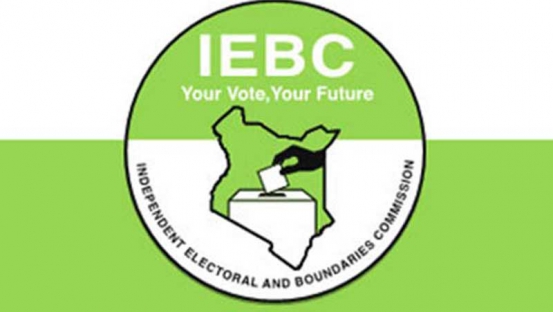×
The Standard e-Paper
Kenya’s Boldest Voice

For some, the Independent Electoral and Boundaries Commission (IEBC)’s clearance of leaders with questionable past this week was inevitable.
Faced with repeated disappointments, it is easier on the emotions not to expect the future will be different. For the rest of us, our faith in our electoral system just suffered a crack and we must choose what to do next.